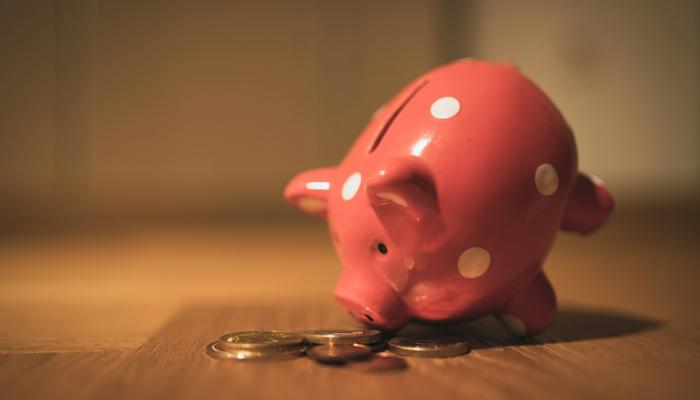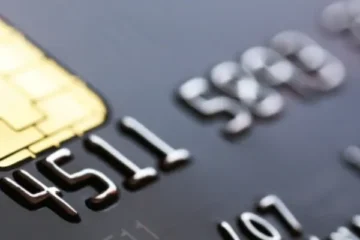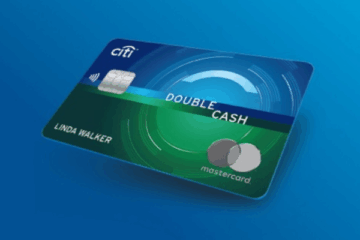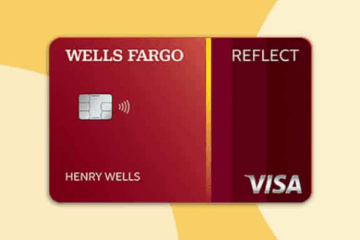The Importance of Emergency Reserve
Life’s journey is filled with unexpected challenges, and having a solid financial plan is essential for staying afloat. However, unforeseen financial emergencies can arise at any moment, leaving us feeling vulnerable and unprepared.
Advertising
This is where the emergency fund steps in – acting as a financial safety net to provide security and peace of mind during difficult times. In this guide, we’ll explore what an emergency fund is, how to build it, and the significant impact it can have on your financial well-being.
Advertising
Join us as we navigate the importance of financial preparedness and discover how an emergency fund can help you weather life’s uncertainties with confidence.
What is an emergency fund and why is it important
An emergency fund is a sum of money set aside to cover unexpected expenses or financial emergencies. It serves as a personal financial safety net, providing a cushion in times of crisis such as unemployment, unexpected medical expenses, or urgent home repairs.
Advertising
Why is it important?
- Protects against financial emergencies.
- Avoids the need to resort to high-cost loans in emergency situations.
- Provides peace of mind, enabling better decision-making in times of crisis.
How to calculate the ideal amount for my emergency fund

Determining the appropriate amount for your emergency fund depends on various factors, including your monthly expenses, sources of income, and financial obligations. Here’s a simple step-by-step guide to calculating the ideal amount:
- Assess your monthly expenses: Add up all your essential expenses, such as housing, food, bills, transportation, and healthcare.
- Calculate your ideal reserve: Many experts recommend setting aside three to six months’ worth of expenses as an emergency fund. However, this recommendation may vary depending on your personal financial situation and desired level of security.
- Consider additional factors: Take into account factors such as your job stability, the presence of dependents, and the likelihood of unexpected expenses such as car repairs or medical bills.
Tips for creating and maintaining a solid emergency fund
Building a solid emergency fund requires discipline and commitment. Here are some tips to help you get started:
- Set realistic goals: Establish achievable goals for saving regularly.
- Automate your savings: Set up automatic transfers to your emergency fund account with each pay period.
- Avoid tapping into the fund unless absolutely necessary: Resist the temptation to use your emergency fund for non-essential expenses.
- Review and adjust regularly: As your financial situation changes, review your emergency fund and make adjustments as needed.
Investment alternatives for the emergency fund
While liquidity is a key consideration when building an emergency fund, it’s still possible to seek modest returns. Some investment alternatives include:
- High-yield savings account
- Certificates of deposit (CDs)
- Money market funds
- Treasury bonds
Impact of the emergency fund on personal financial health
A healthy emergency fund not only provides financial protection in tough times but can also have a significant impact on your overall financial health. Some benefits include:
- Reduction of financial stress: Having an emergency fund can reduce anxiety related to financial uncertainty.
- Better debt management: Avoids resorting to high-cost loans to cover unexpected expenses.
- Greater financial stability: Provides a solid foundation for building and achieving long-term financial goals.
Emergency fund: how to prepare for financial emergencies
Preparing for financial emergencies is essential to safeguarding your financial future. Here are some ways to prepare:
- Prioritize your emergency fund: Make it a priority in your monthly budget.
- Stay flexible: Be prepared to adjust your fund according to changes in your financial life.
- Consider insurance: In addition to an emergency fund, consider purchasing health insurance, life insurance, and other forms of financial protection.
How long does it take to build an adequate emergency fund
The time needed to build an adequate emergency fund varies from person to person. However, the key is to start saving as soon as possible. With discipline and consistency, you can achieve your emergency fund goal within a reasonable timeframe.
Set realistic goals, stick to a savings plan, and celebrate milestones along the way. By prioritizing financial preparedness and making regular contributions, you can create a solid financial safety net to navigate uncertain times with confidence.
How to use the emergency fund effectively and responsibly
Using your emergency fund effectively requires caution and discretion. Here are some guidelines to follow:
- Reserve it for true emergencies: Avoid using your fund for non-essential expenses.
- Replenish when possible: As soon as you use part of your fund, work to replenish it as quickly as possible.
- Maintain a fund for unexpected expenses: Even after establishing your emergency fund, it’s helpful to maintain a separate fund for minor unexpected expenses.
Emergency fund versus long-term investments
While the emergency fund provides immediate financial security, long-term investments play a crucial role in building wealth and securing your financial future over time.
While it may seem tempting to focus solely on one or the other, finding the right balance between the two is key to achieving long-term financial success.
The Importance of an Emergency Fund
An emergency fund acts as a financial safety net, providing you with peace of mind and security in the face of unexpected expenses or income disruptions.
It ensures that you’re prepared for life’s curveballs without having to dip into your long-term investments prematurely or rely on high-interest loans.
The Role of Long-Term Investments
Long-term investments, such as stocks, bonds, and retirement accounts, offer the potential for significant growth and wealth accumulation over time.
They provide you with the opportunity to build assets and achieve your financial goals, whether it’s buying a home, funding your children’s education, or retiring comfortably.
Striking the Right Balance
The key is to strike a balance between the immediate security provided by an emergency fund and the long-term growth potential of investments.
While it’s essential to prioritize building an emergency fund to protect against unforeseen circumstances, it’s equally important to invest in your long-term financial future.
By allocating your resources wisely and diversifying your financial portfolio, you can enjoy the benefits of both short-term security and long-term growth.
Remember to regularly review and adjust your financial plan as your circumstances change, ensuring that you’re always on track to meet your financial goals and secure your future.
The psychological and emotional importance of having an emergency fund
In addition to financial benefits, having an emergency fund can have a significant impact on your psychological and emotional well-being. Knowing that you have a financial cushion to fall back on in tough times can provide a sense of security and peace of mind.
In summary, an emergency fund is more than just a financial precaution – it’s an essential foundation for financial and emotional stability. By following the tips and strategies provided in this guide, you can build and maintain a solid emergency fund that will protect you against the ups and downs of financial life.
With diligence and commitment, you’ll be prepared to face whatever challenges life may throw your way.





